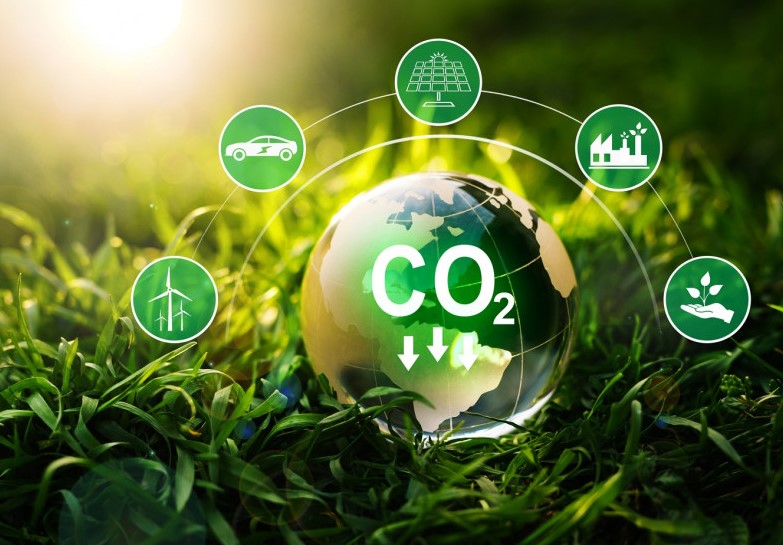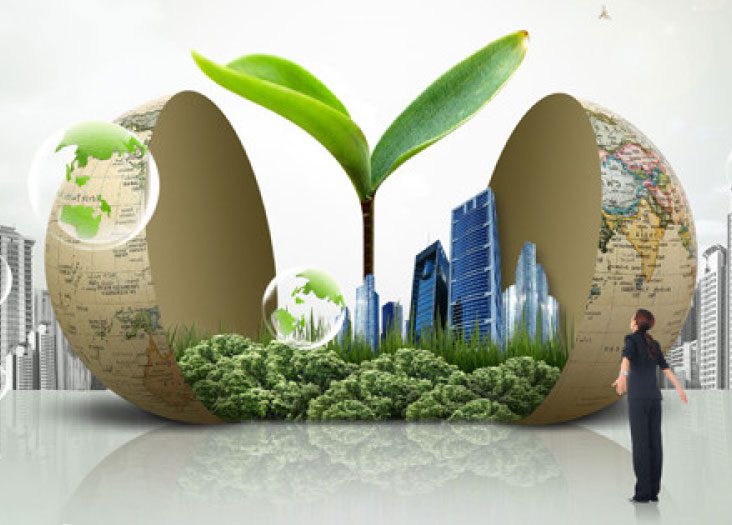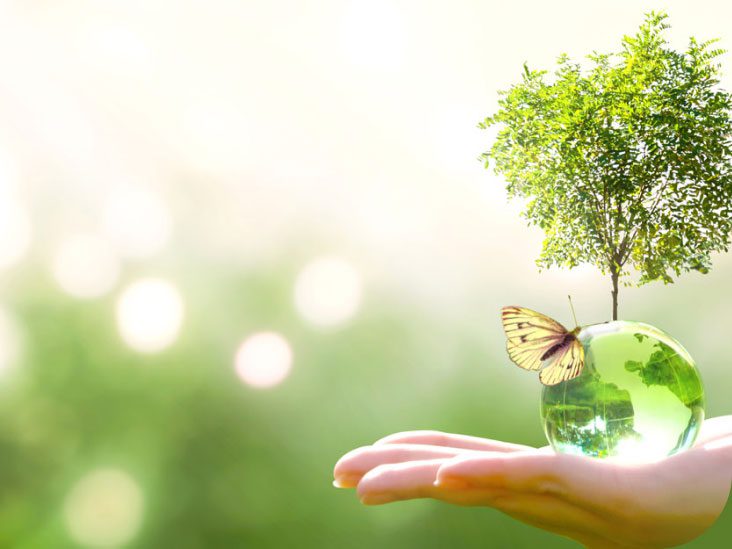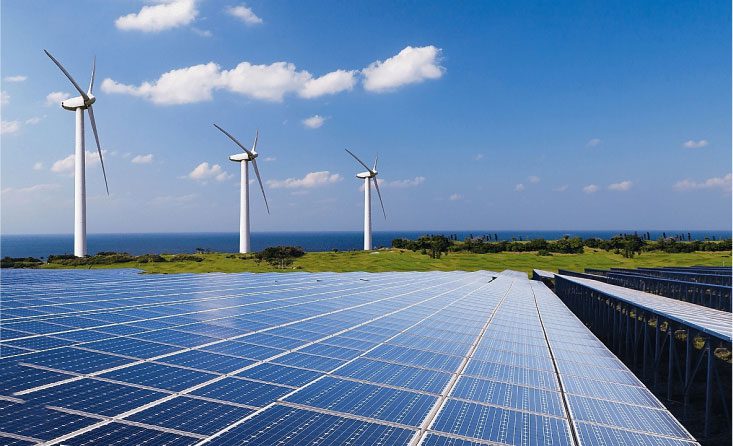Sustainability Hub
The SSGM Sustainability Hub will come into live soon. It will be led by the Society Founders, Founding Members, Directors, under the governance of the Board of Directors. Working with key operating functions across a spectrum of industry, our sustainability dedicated members will use the latest technology, tools and practices to identify and deliver a clear scope which is aimed to meet the SSGM SH Vision of Success.

Our SH Vision of success purpose is to deliver sustainability knowledge resource. Vision of the society success is to inspire and support all types and grades of SSGM members to make a positive impact on sustainability as defined by the UN Sustainable Development Goals (SDGs):
- throughout their learning and professional careers
- by providing quality sustainability knowledge that improves understanding and competency
- by leveraging the experience and know-how in their organisation and our network.
There main strands of resources in the SSGM Sustainability Hub can be summarized as: (a) training; (b) knowledge from available publications; (c) and signposted knowledge. These resources will help all members to develop and learn throughout their professional careers.
Access to expert volunteers from the membership is the critical success factors, therefore a Technical Advisory Group(TAG) will elect and select its members to provide resources and knowledge review, these members will actively be engaged in supporting the creation and launch of the Sustainability Hub. Success of the SH will be measures by, number of research papers published; visits to SH; Sustainability trainings conducted; articles of sustainability in SSGM periodic newsletter etc.
SSGM Sustainability Hub will consider all relevant UN Sustainable Development Goals (SDGs) with the focus on Green Materials and Buildings.


Green Material and Buildings
Sustainable development is an integrity of multidiscipline concept combining ecological, social and economic aspects to construct a liveable human living system. The sustainable development can be supported through the development of green materials. Green materials offer a unique characteristic and properties including abundant in nature, less toxic, economically affordable and versatility in term of physical and chemical properties. Green materials can be applied for a numerous field in science and technology applications including for energy, building, construction and infrastructures, materials science and engineering applications and pollution management and technology. For instance, green materials can be developed as a source for energy production. Green materials including biomass-based source can be developed as a source for biodiesel and bioethanol production. Biomass-based materials also can be transformed into advanced functionalized materials for advanced bio-applications such as the transformation of chitin into chitosan which further used for biomedicine, biomaterials and tissue engineering applications. Recently, cellulose-based material and lignocellulose-based materials as a source for the developing functional materials attracted the potential prospect for biomaterials, reinforcing materials and nanotechnology. Furthermore, the development of pigment materials has gaining interest by using the green materials as a source due to their unique properties. Eventually, at large country with a large biodiversity can enhance the development of green material to strengthen our nation competitiveness and develop the materials technology for the future that protects the environment.

Sustainable Development Knowledge
Our SH Vision of success purpose is to deliver sustainability knowledge resource. Vision of the society success is to inspire and support all types and grades of SSGM members to make a positive impact on sustainability as defined by the UN Sustainable Development Goals (SDGs):
- throughout their learning and professional careers
- by providing quality sustainability knowledge that improves understanding and competency
- by leveraging the experience and know-how in their organisation and our network.
There main strands of resources in the SSGM Sustainability Hub can be summarized as: (a) training; (b) knowledge from available publications; (c) and signposted knowledge. These resources will help all members to develop and learn throughout their professional careers.
Access to expert volunteers from the membership is the critical success factors, therefore a Technical Advisory Group(TAG) will elect and select its members to provide resources and knowledge review, these members will actively be engaged in supporting the creation and launch of the Sustainability Hub. Success of the SH will be measures by, number of research papers published; visits to SH; Sustainability trainings conducted; articles of sustainability in SSGM periodic newsletter etc.
SSGM Sustainability Hub will consider all relevant UN Sustainable Development Goals (SDGs) with the focus on Green Materials and Buildings.



Health and Well-being
Health and wellbeing are imperatives for us all. UN SDG 3 recognises the importance of identifying and facing challenges to achieving sustainable health through focussing on emerging new challenges to global health. SSGM will collaborate with members and even support non-members whose businesses and professions are related to health and wellbeing, to ensure their services and products are on the right track work of sustainability recognition and contribute to the circular economy. Together at SSGM we can apply our scientific knowledge, our systems thinking and our delivery focus to manage research and development and also projects for launching new innovative products and services.

Water
Water is a very precious resource. Availability and sustainable management of clean water is crciula for all. We have the skills in developing processes and materials to ensure efficient use of precious water for various applications. Treatment and water resources rely heavily on mass balances and we can integrate food, water and energy. Together in SSGM we can achieve this while respecting cultures, ensuring engagement with local communities, governmental entities and agencies to get an optimal and appropriate outcome.



Renewable Energy Technologies
UN SDG 7- addresses the key role of energy in enabling economic growth and development across the world. Guaranteeing energy access, particularly electricity, at affordable consumer prices with the lowest adverse environmental footprint is fundamental, especially in view of reaching climate neutrality.
Different technologies are currently under investigation and being up scaled to limit or reduce the impact of fossil fuels, both solid and liquid. These different technologies include renewable sources (e.g. , solar, wind, biofuels, geothermal, and hydro resources), Changes in demand patterns derived from the decarbonisation of final energy uses, together with the widespread use of intermittent renewable sources, are predicted to significantly influence the design and operation of future energy systems.
Energy transition will continue to be one of the most challenging societal issues in the coming decades. Attention must be paid not only to reducing greenhouse gas emissions but also to avoiding environmental trade-offs in terms of air pollution, loss of biodiversity, and competition for land usage. A global and fair transition will also need to take country circumstances into account and aim to not leave anyone behind.
SSGM can play a significant role in achieving this global development goal and in the transition to net zero carbon emission. Expertise in process design, modelling, and optimisation is fundamental for the holistic evaluation of novel technologies associated with effective energy storage. Most of these processes currently are at an early development stage and so there is a significant knowledge gap, both theoretical and practical, that our member profession can help to fill and fulfil this.
